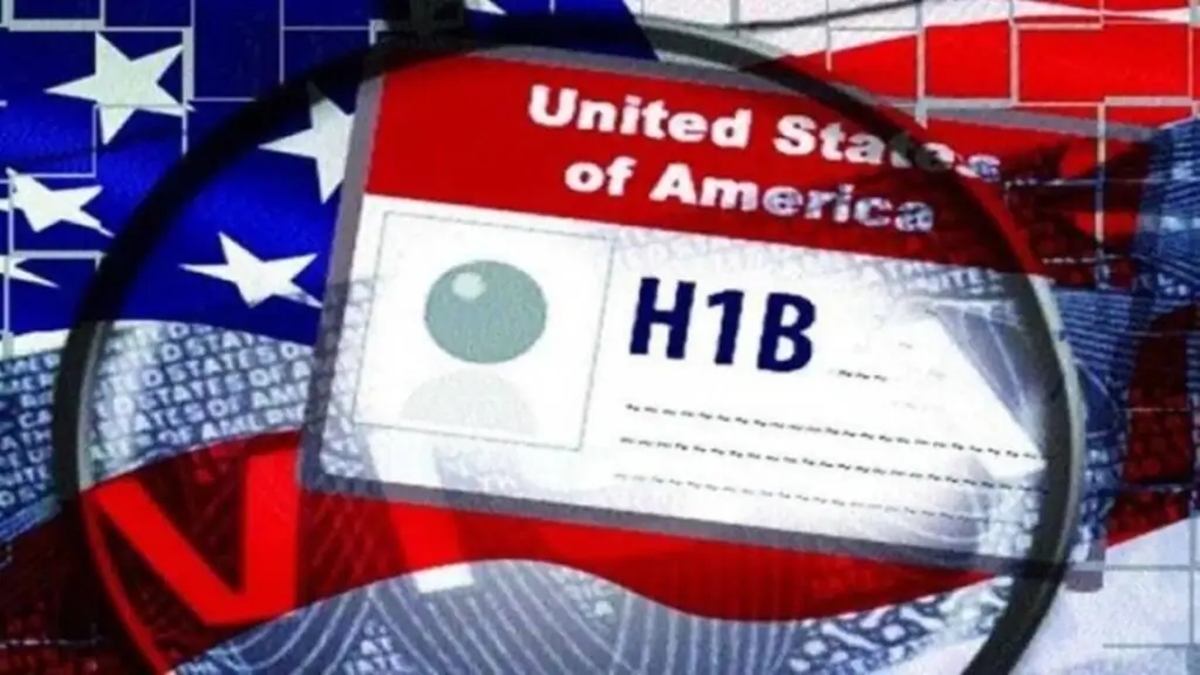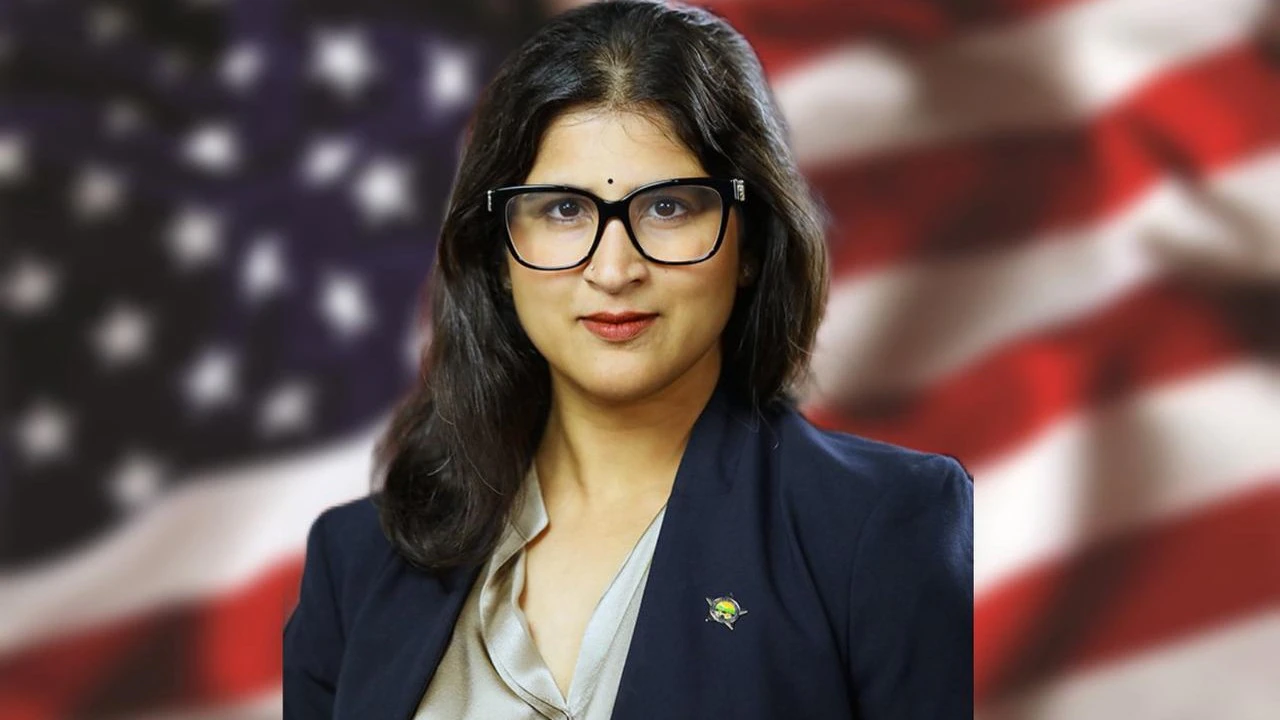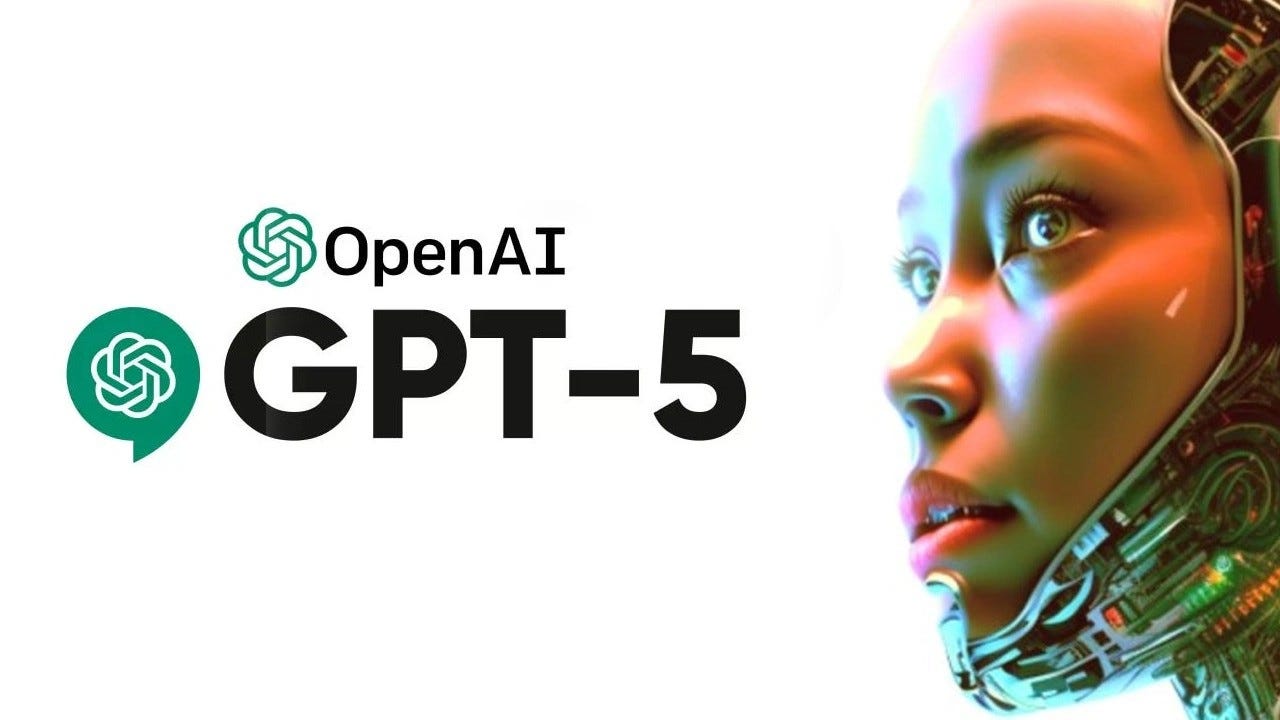
The recent discussions around the potential termination of Indian H-1B visas have sparked significant concern among students, young professionals, and the broader Indian-American diaspora. The H-1B visa program has long served as a vital gateway for Indian technical talent to work and innovate in the United States. However, proposals to end or limit these visas pose profound implications for those at the cusp of their careers and aspiring students aiming to carve a niche in the global tech industry. This article delves into the multifaceted impact of such policy shifts and explores what the future might hold for Indian students and early-career professionals.
Understanding the Importance of the H-1B Visa Program
The H-1B visa scheme has been a cornerstone for international talent, particularly Indians, seeking employment in specialized fields such as information technology, engineering, and sciences. Indian nationals have historically constituted a significant portion of H-1B recipients, with many leveraging this pathway to gain valuable experience, secure higher education opportunities, and eventually move towards permanent residency or citizenship.
For students in India, the H-1B visa symbolizes a tangible route into the global tech economy, often serving as a stepping stone to American universities and professional careers. Early-career professionals, on the other hand, have used this visa to collaborate on innovative projects, build networks, and attain financial stability.
Potential Consequences of Ending Indian H-1B Visas
1. Disruption of Career Trajectories
One immediate repercussion of ending the Indian H-1B visa is the disruption of career plans for thousands of aspiring professionals. Many young Indians view the US as a land of opportunity, where they can develop skills, engage in cutting-edge research, and propel their careers forward. An abrupt termination would force these individuals to reconsider their options, leading to potential setbacks or even return to India, thereby losing the international exposure they have gained.
2. Impact on Indian Students Aspiring to Study and Work Abroad
Indian students often aim to pursue higher education in American universities, followed by employment opportunities facilitated through the H-1B program. If the visa becomes inaccessible, it could lead to a decline in international student enrollment from India, affecting the universities financially and academically. Moreover, students contemplating the US as their post-graduation career destination might shift focus to alternative countries or regions, altering global educational dynamics.
3. Economic and Innovation Impacts
The Indian diaspora in the US has been a significant contributor to technological innovation, entrepreneurship, and economic development. Restricting or ending H-1B visas could stifle this contribution, slowing down research, innovation, and startup ecosystems that thrive on global talent. The loss of Indian professionals, known for their technical expertise and entrepreneurial spirit, might lead companies to seek talent elsewhere, impacting US industries’ competitiveness.
4. Diplomatic and Social Ramifications
Such policy shifts could also have diplomatic repercussions, straining Indo-US relations and impacting future collaborations. On a social level, it might foster feelings of alienation within the Indian-American community, where many have established roots and contributed to local economies and societies.
What Could the Future Look Like?
Adapting to New Immigration Policies
While the prospect of ending Indian H-1B visas is daunting, it prompts stakeholders to explore alternative pathways for international talent acquisition. Countries like Canada, Australia, and European nations are increasingly positioning themselves as attractive options for skilled immigrants. India itself might bolster its domestic tech industry or promote bilateral agreements with other nations to facilitate workforce mobility.
Enhancement of Supportive Initiatives and Local Opportunities
Indian students and early-career professionals might need to diversify their strategies, focusing more on regional opportunities, entrepreneurship, or acquiring versatile skill sets that are in demand globally. Governments and educational institutions could also step in to create new programs, scholarships, and internships to counterbalance the loss of opportunities in the US.
Emphasis on Remote Work and Global Collaboration
The rise of remote work, accelerated by recent global events, provides a silver lining. Even if physical visas become scarce, the digital economy allows talented individuals to collaborate on international projects without relocating. Strengthening such remote work ecosystems could mitigate some adverse impacts of visa restrictions.
Conclusion: Navigating Uncertain Waters
The potential ending of Indian H-1B visas represents a pivotal moment in the landscape of global talent mobility. For students and early-career professionals, it signifies the need to adapt to evolving immigration policies and to think creatively about their career pathways. While the immediate impacts may be challenging, resilience, innovation, and strategic planning can open new avenues for growth and success.
Ultimately, the situation underscores the importance of diversified career strategies and international collaboration, ensuring that talented individuals continue to thrive, regardless of political or policy changes.
For more updated news please keep visiting Prime News World.








